Intra-BRICS Trade: an illustrative guide
This infographic seeks to trace the evolution of BRICS from O’Neill’s original vision to its current form, while illustrating how intra-BRICS trade has evolved over the past 15 years.
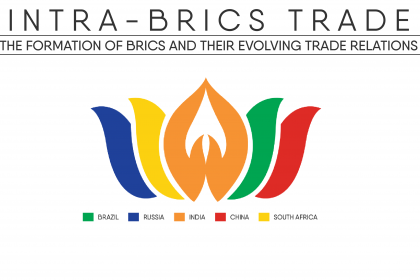 Courtesy: Gateway House
Courtesy: Gateway House
This infographic seeks to trace the evolution of BRICS from O’Neill’s original vision to its current form, while illustrating how intra-BRICS trade has evolved over the past 15 years.
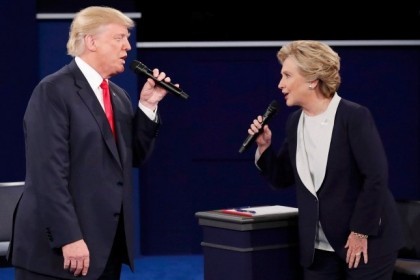 Courtesy: Reuters
Courtesy: Reuters
This excerpt was transcribed from The Gateway House Podcast episode, 'U.S. Elections: Trump’s down but not out' which is part of the special miniseries on the U.S. election and its foreign policy implications. In the episode, Ambassador Neelam Deo discussed the larger foreign policy implications mentioned by the presidential candidates at the second Presidential debate on Sunday night
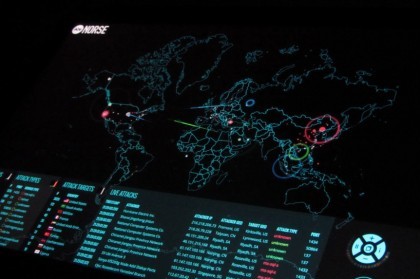 Courtesy: Christiaan Colen / Flickr
Courtesy: Christiaan Colen / Flickr
The recent cyber attack on Ukraine’s power grids is indicative of the cyber space becoming the most useful tool for perpetuating geopolitical rivalries. Many countries are rapidly expanding their offensive cyber capabilities, and it appears the militarisation of cyber space is complete.
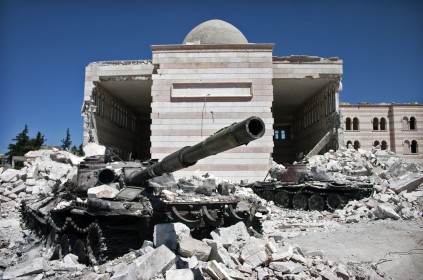 Courtesy:
Courtesy:
The U.S.-led bombings on ISIS locations have France and the British as its partners. On the other hand is Russia -- targeting the Islamic State but with a primary aim of keeping Assad in power. Is this then World War III?
 Courtesy: Dawn Endico
Courtesy: Dawn Endico
Today ISIS is the gravest international security threat. To defeat ISIS, the world should pay heed to India’s experience of the need to isolate state sponsors of terrorism. Ultimately, only when Saudi Arabia acknowledges the danger to its own survival from past policies of alleged support to extremist groups, can it be a reliable partner in the fight against ISIS.
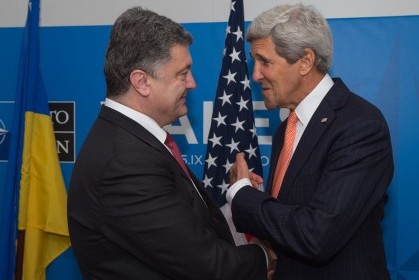 Courtesy: Wikipedia
Courtesy: Wikipedia
The IMF will soon consider an important change to its policy on lending that may help continue its bailout programme to Ukraine, even if Ukraine defaults on a loan from Russia that matures in December 2015. If it does make the change, the IMF could be staking its credibility to favour the West’s political agenda
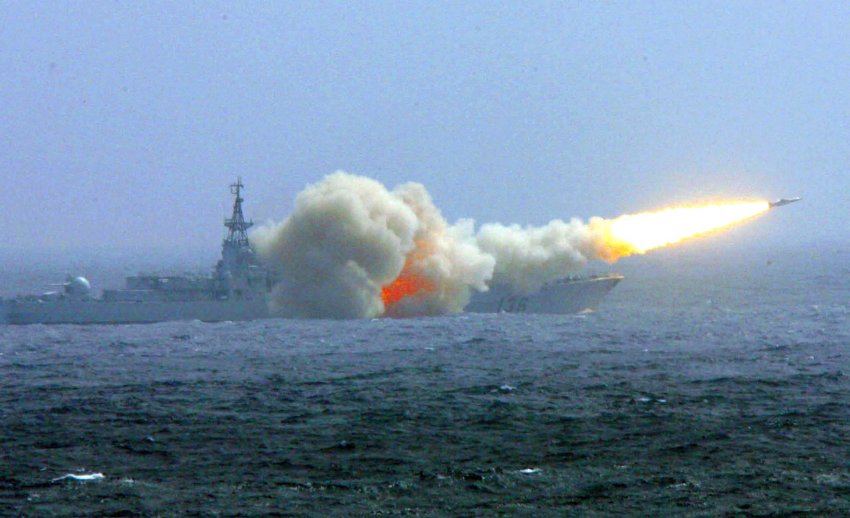 Courtesy: India Strategic
Courtesy: India Strategic
The recent re-evaluation by the US, China, Japan, and Russia of their military strategies reflects new geopolitical equations in which the Asia Pacific is a major strategic intersection. Turmoil in this region can impact India’s trade and security interests, and to avoid this India must craft a balance between its relations with all the countries involved
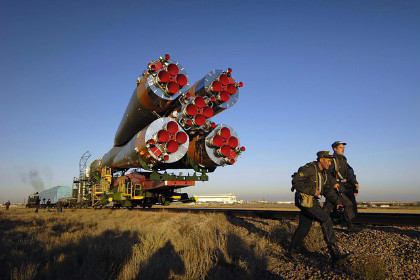 Courtesy:
Courtesy:
India must quickly recognise the evolving changes, challenges, and opportunities in Central Asia to avoid being relegated to the periphery of Eurasian trade AND geopolitics. It is now up to Prime Minister Modi to manage a rebalancing in Central Asia through diplomacy and cooperation rather than competition
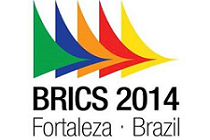 Courtesy: wikimedia/commons
Courtesy: wikimedia/commons
Brazil is all set to host the 6th BRICS Summit from July 15. In light of the fact that most developing nations have concerns over the pro-western bent of the World Bank and the IMF, the BRICS initiative of setting up of a Development Bank needs to gain momentum and the nations should finalise the mandate on a priority basis
 Courtesy: Fair Observer
Courtesy: Fair Observer
Fair Observer, an online foreign policy journal carried a piece published by Gateway House, analysing the Iran-P5+1 interim agreement on Tehran's long disputed nuclear deal